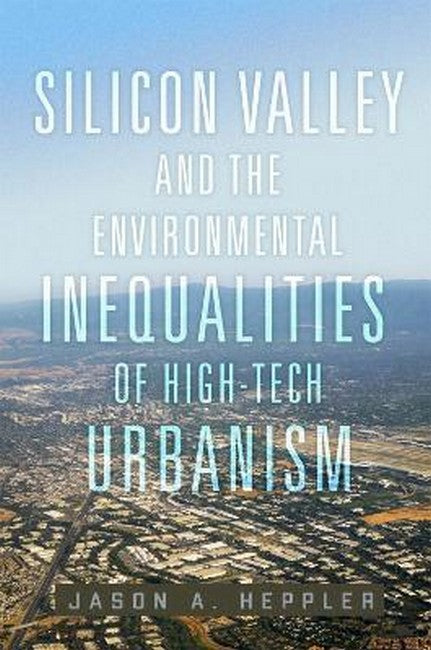Historian Jason A. Heppler is Senior Software Developer at the Roy Rosenzweig Center for History and New Media at George Mason University and Affiliate Fellow at the Center for Great Plains Studies at the University of Nebraska-Lincoln. He is the creator or collaborator on numerous digital history projects, including the William F. Cody Archive, American Religious Ecologies, and the American Indian Digital History Project.
Request Academic Copy
Please copy the ISBN for submitting review copy form
Description
"With deep empathy and keen insight, Jason Heppler shows what lies beneath the sparkling high-tech campuses of today's Silicon Valley: a long and tangled history of environmental transformation and trade-offs, mythmaking and moneymaking, conservation and exclusion, and a western landscape remade many times over. This book is an invaluable addition to the literature."-Margaret O'Mara, author of The Code: Silicon Valley and the Remaking of America "Silicon Valley and the Environmental Inequalities of High-Tech Urbanism explains how 'land, real estate, segregation, and pollution' became central themes in the history of Silicon Valley and other booming metropolises of the postwar American West. Drawing on discussions sparked by several local controversies from the 1940s through the 1990s, Jason Heppler skillfully dissects people's shifting perceptions of the places where they lived, worked, played, polluted, and argued about the future. As populations multiplied, as subdivisions and science parks supplanted orchards, as activists challenged the elite's plans and power, and as the Valley acquired more Superfund sites than any other American county, inhabitants produced a remarkably wide and diverse range of attitudes toward and commitments to 'nature.'"-John M. Findlay, author of The Mobilized American West, 1940-2000.

